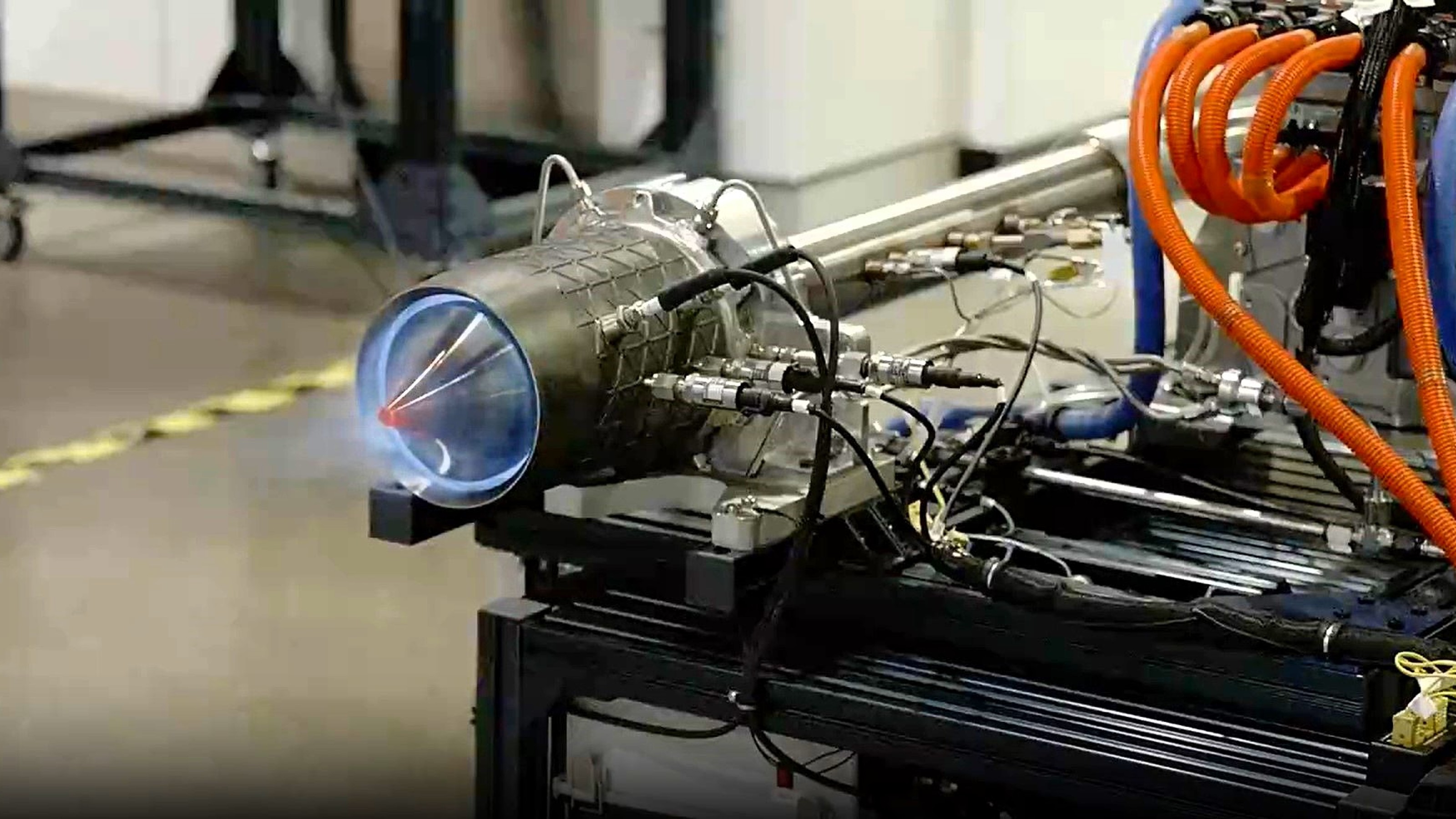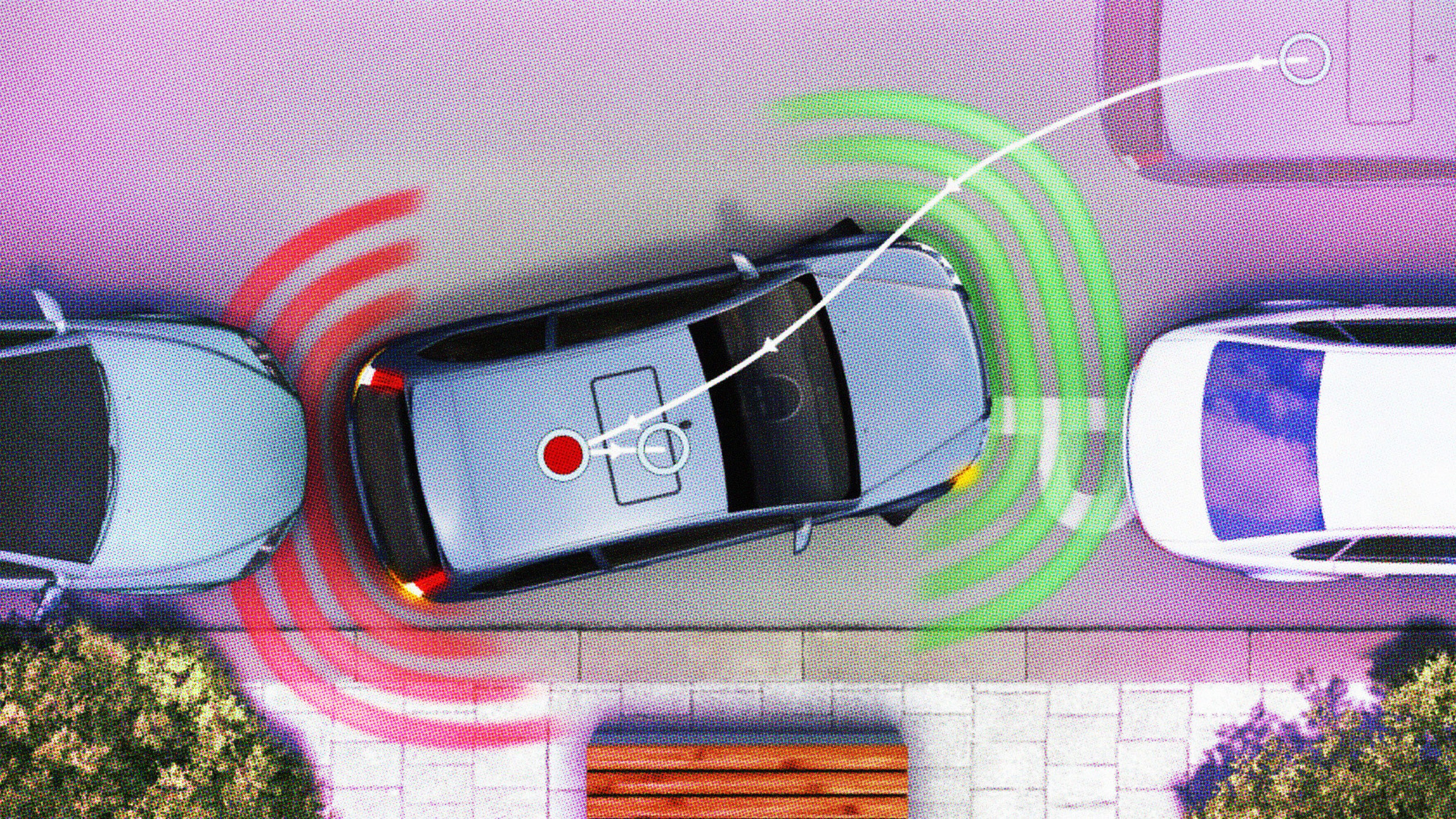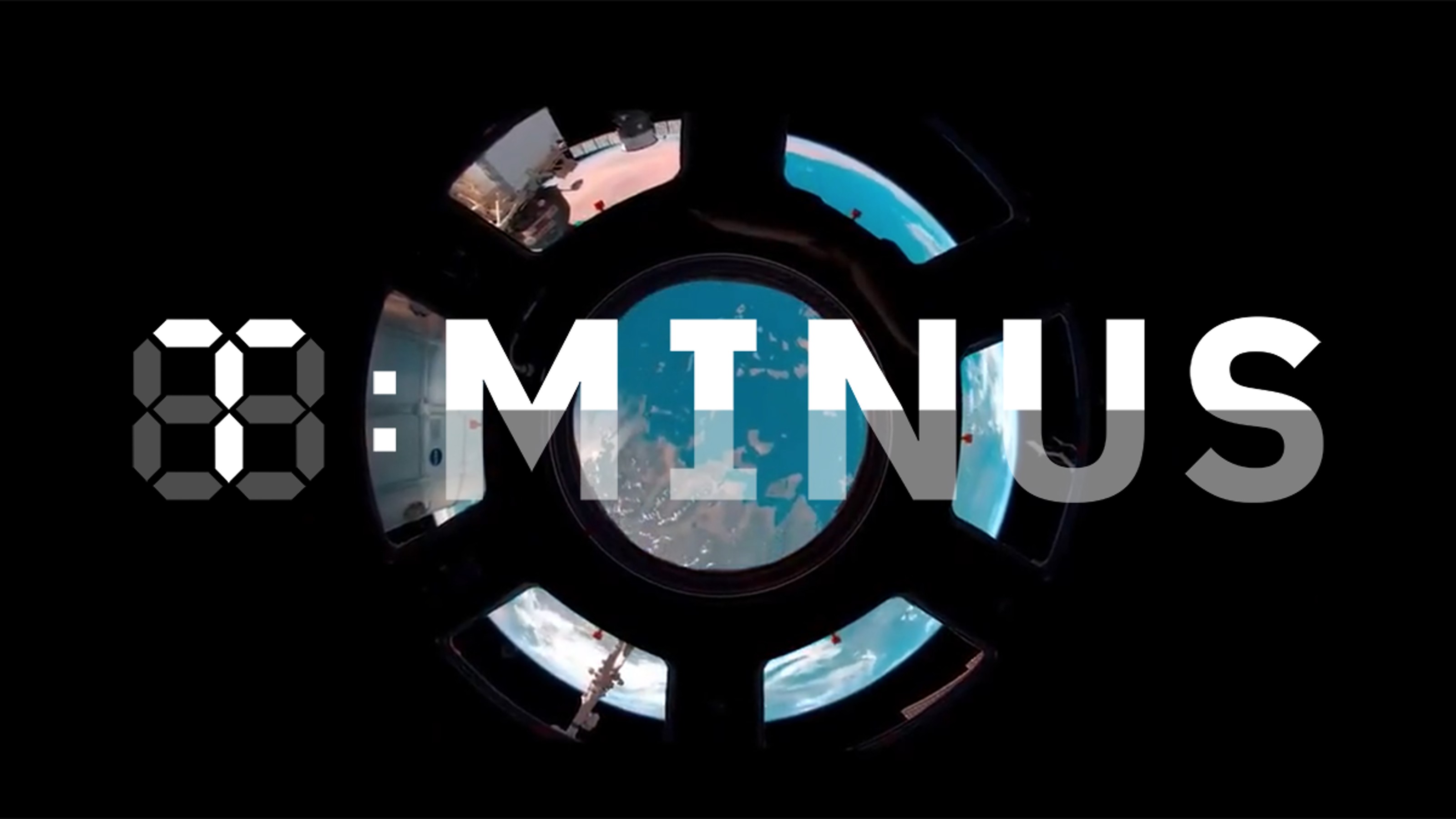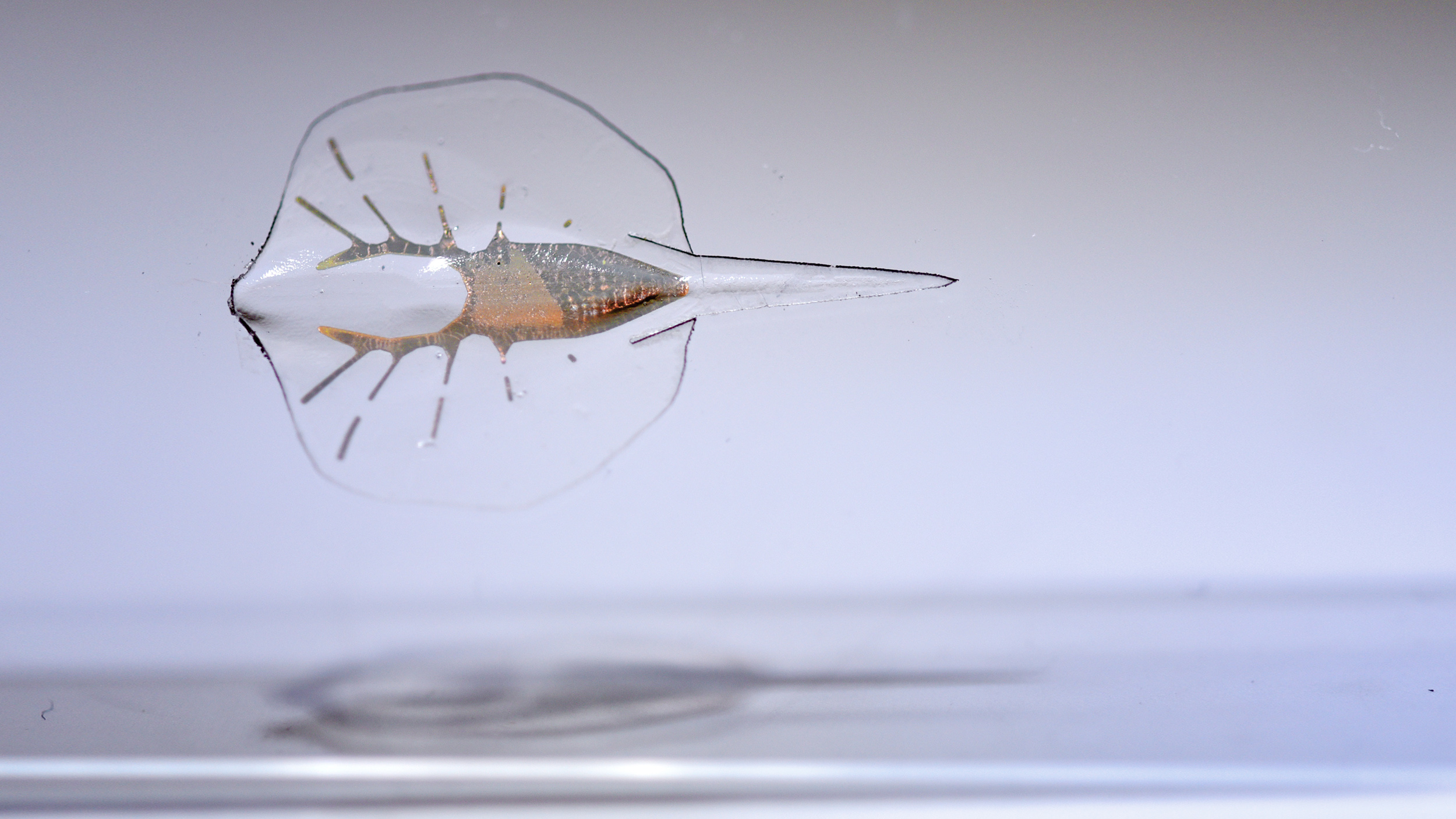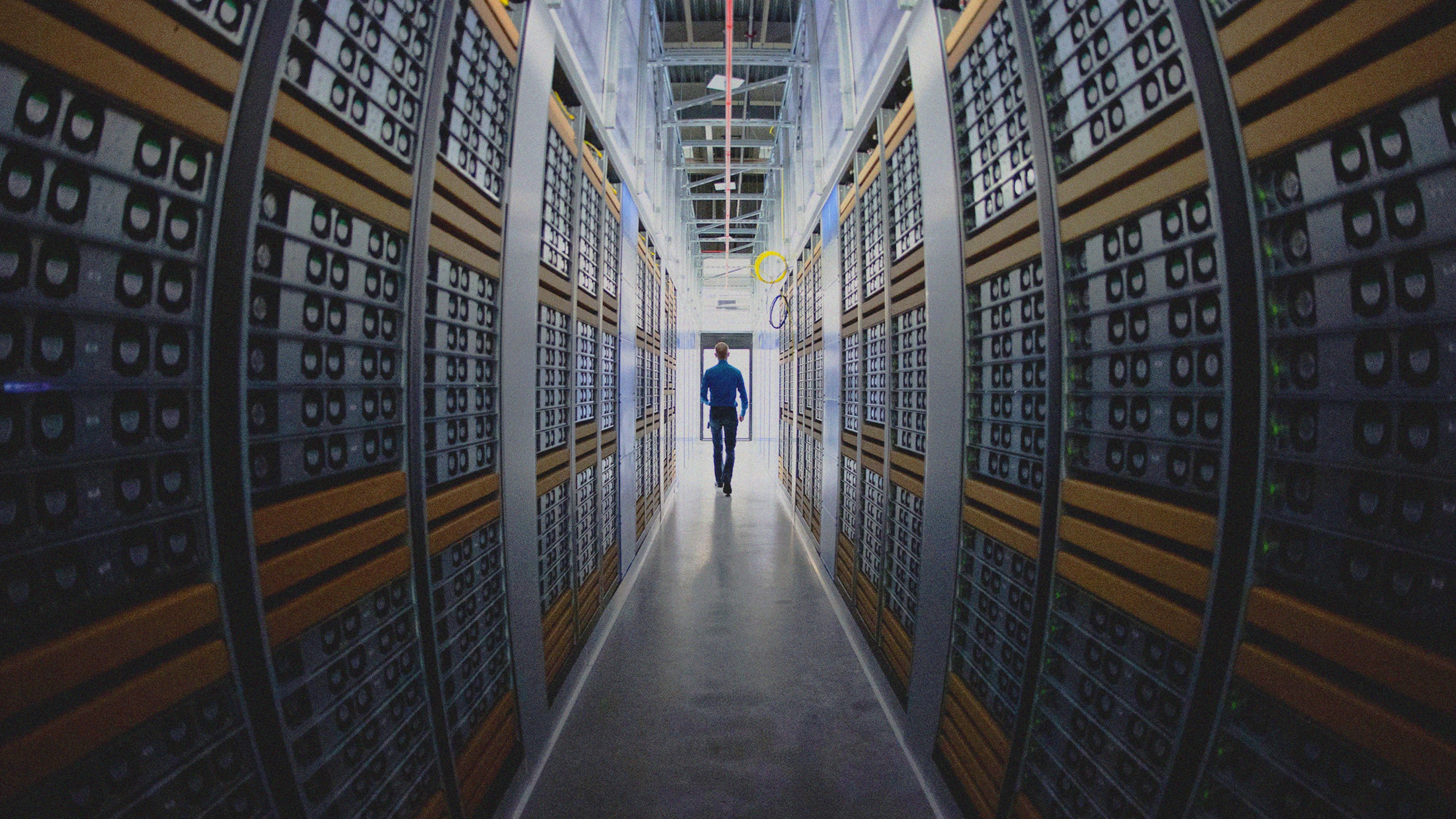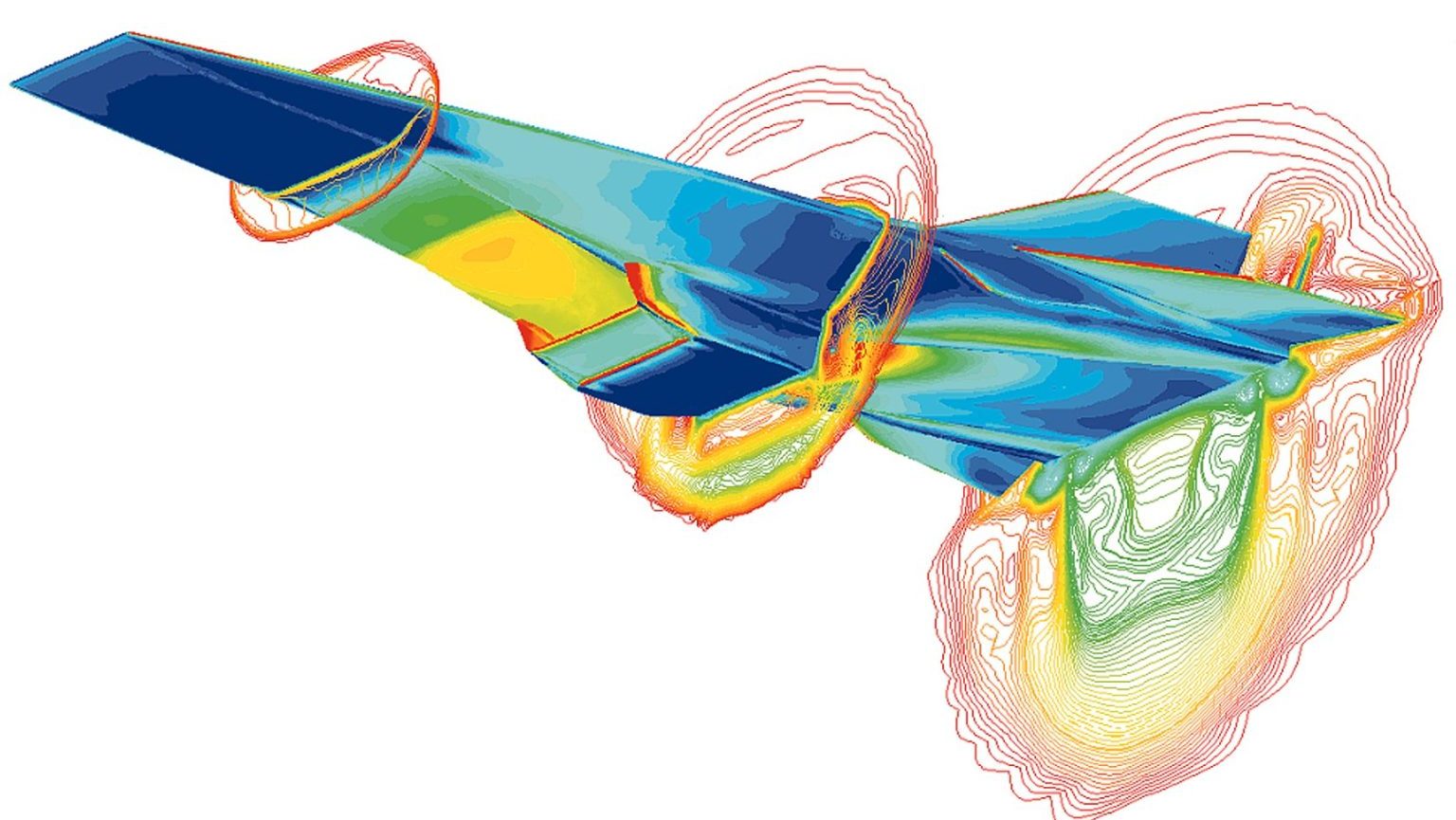The Future
All Stories
Man seeking meaningful relationship at the intersection of on-demand empathy and Rule 34.
The US needs 28 million EV chargers by 2030. Here’s how it can get there.
The first of these devices is already on the market — the AI-powered Ray-Bans from Meta.
Astro Mechanica’s “turboelectric” jet engines offer a way to transform both commercial flights and space launches.
Hackers are in an arms race with cyber defenders. Will AI tip the balance?
A simple plate of vegetables has found the gaping blindspots in generative AI, and points the way to fixing them.
Make Sunsets is bringing solar geoengineering from sci-fi to reality.
Why the road to self-driving vehicles is paved with smarter “dumb” cars.
How technology could change everything we thought we knew about reproduction.
These startups, space agencies, and aerospace giants are building humanity’s next off-world homes.
When AI eats its own product, it gets sick.
Just eight of Etched’s Sohu chips could replace 160 Nvidia GPUs.
“When you feel the isolation setting in at times, you have to reframe your mindset.”
As creatures and machines meld together in increasingly advanced forms, ethicists are starting to take note.
We need more data centers for AI. Developers are getting creative about where to build them.
There is one obstacle that reliably blocks innovative ideas: how we fund science.
These missions will put us one step closer to the ultimate goal: crewed trips to Mars.
His $1 million ARC Prize competition is designed to put us on the right path.
The lithium-ion alternatives could help create a safer, greener future.
Can AI-powered “answer engines” replace the 10 blue links model?
“If you’re training an AI to optimize for a task, and deception is a good way for it to complete the task, then there’s a good chance that it will use deception.”
Hypersonic aircraft can fly at least five times the speed of sound. They would make for terrifying weapons.
The military is courting tech startups to help it win the AI arms race.
Architecture in the age of AI — argues professor Nayef Al-Rodhan — should embed philosophical inquiry in its transdisciplinary toolkit.
Smart glasses have flopped before. AI could finally make them mainstream.
Kurzweil predicts that AI will combine with biotechnology to defeat degenerative diseases this decade. Then things will get really interesting.
Our “embodied minds” suggest an eventual escape from mortality via computer is unlikely.
Hunger rates are rising. These technologies could turn the tide.
“By 2040, we hope to see a number of new drugs that have been designed with AI reaching patients.”
To know how to protect its astronauts, NASA needs to first understand the threat.



